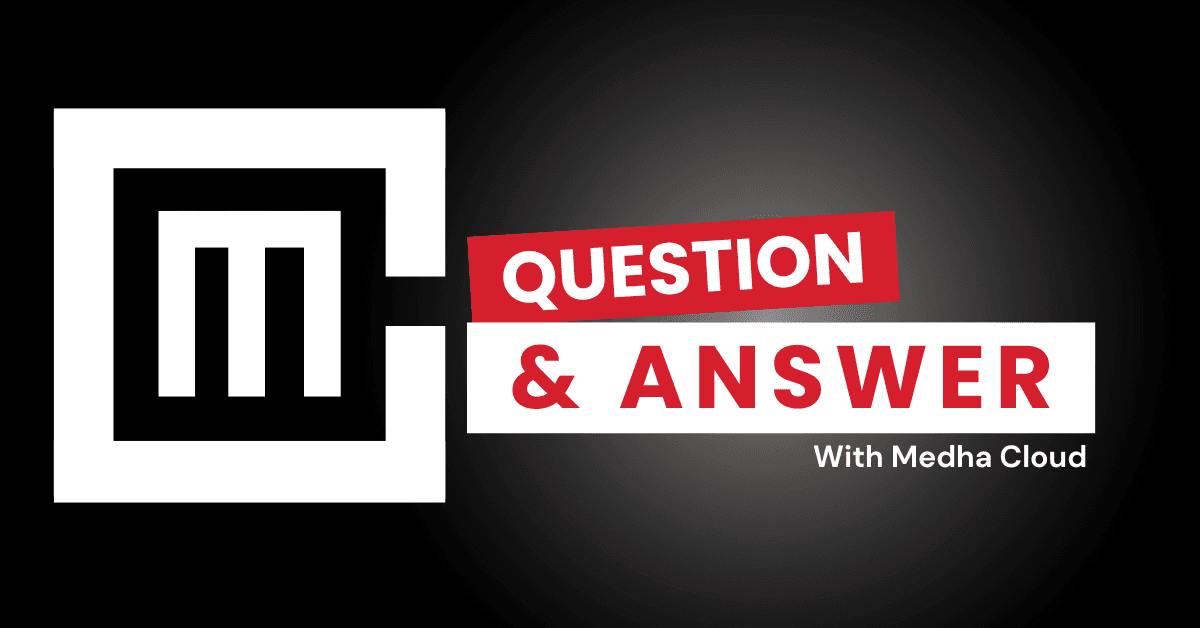
Outsourcing an IT helpdesk offers advantages like cost savings, 24/7 availability, and access to specialized expertise, while an in-house IT helpdesk provides greater control, faster internal alignment, and a deeper understanding of company processes. The choice depends on a business’s needs, budget, and operational priorities.
| Aspect | Outsourced IT Helpdesk | In-House IT Helpdesk |
|---|---|---|
| Cost | Typically lower due to reduced hiring and training expenses. | Higher due to salaries, benefits, and infrastructure costs. |
| Expertise | Access to certified specialists with broad experience. | Limited to the expertise of the internal team. |
| Scalability | Easily scalable to meet fluctuating demands. | Scaling requires hiring and onboarding new staff. |
| Availability | 24/7 support is common with outsourced providers. | Typically limited to business hours unless additional shifts are added. |
| Control | Reduced control over operations and processes. | Full control over support operations and alignment with internal goals. |
| Speed of Resolution | May vary depending on the SLA and provider efficiency. | Faster for issues requiring in-depth knowledge of company systems. |
| Customization | Services may need adaptation to fit unique business processes. | Highly customizable to match specific organizational workflows. |
| Security | Relies on provider’s protocols and certifications. | Full control over security measures and data handling. |
| Cost Predictability | Fixed monthly costs under service contracts. | Unpredictable due to variable hiring, training, and equipment expenses. |
| Technology Access | Providers often use advanced tools and monitoring systems. | Dependent on the company’s technology investment. |
Some businesses combine in-house and outsourced support, leveraging:
Need help deciding between outsourced and in-house IT helpdesk support?
Medha Cloud offers flexible IT solutions, including fully outsourced or hybrid models, tailored to your business needs.

